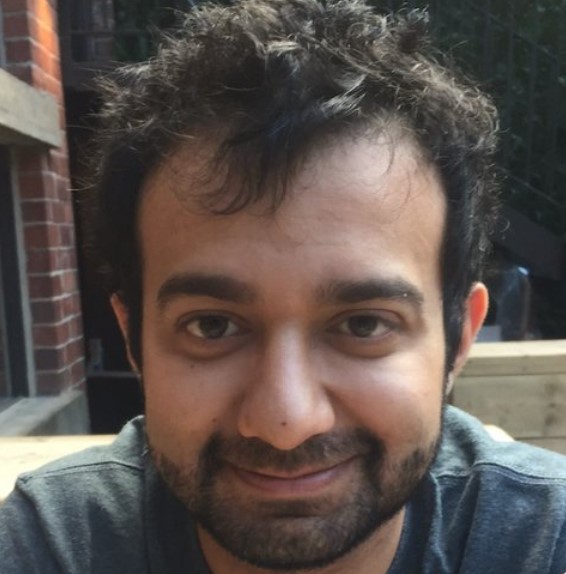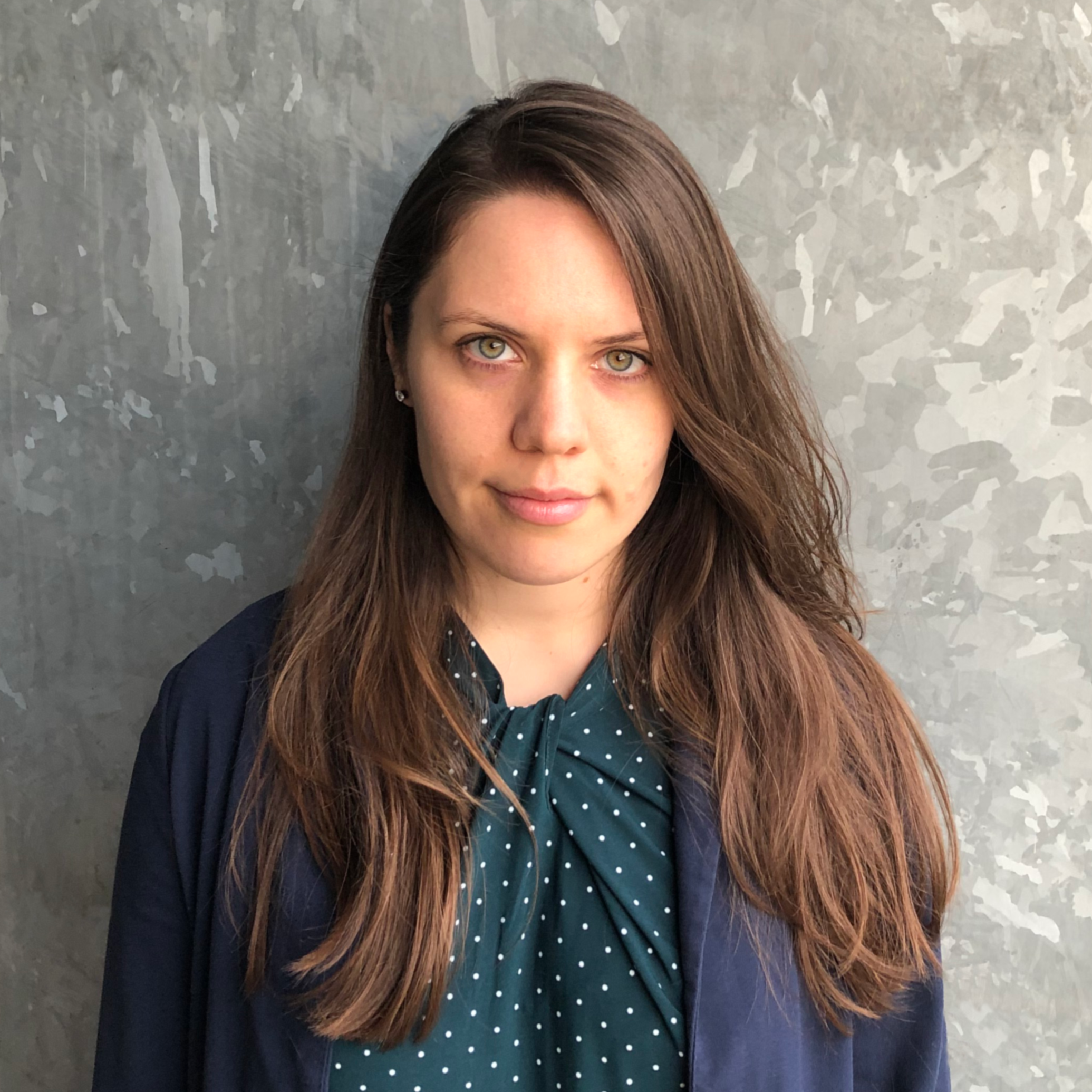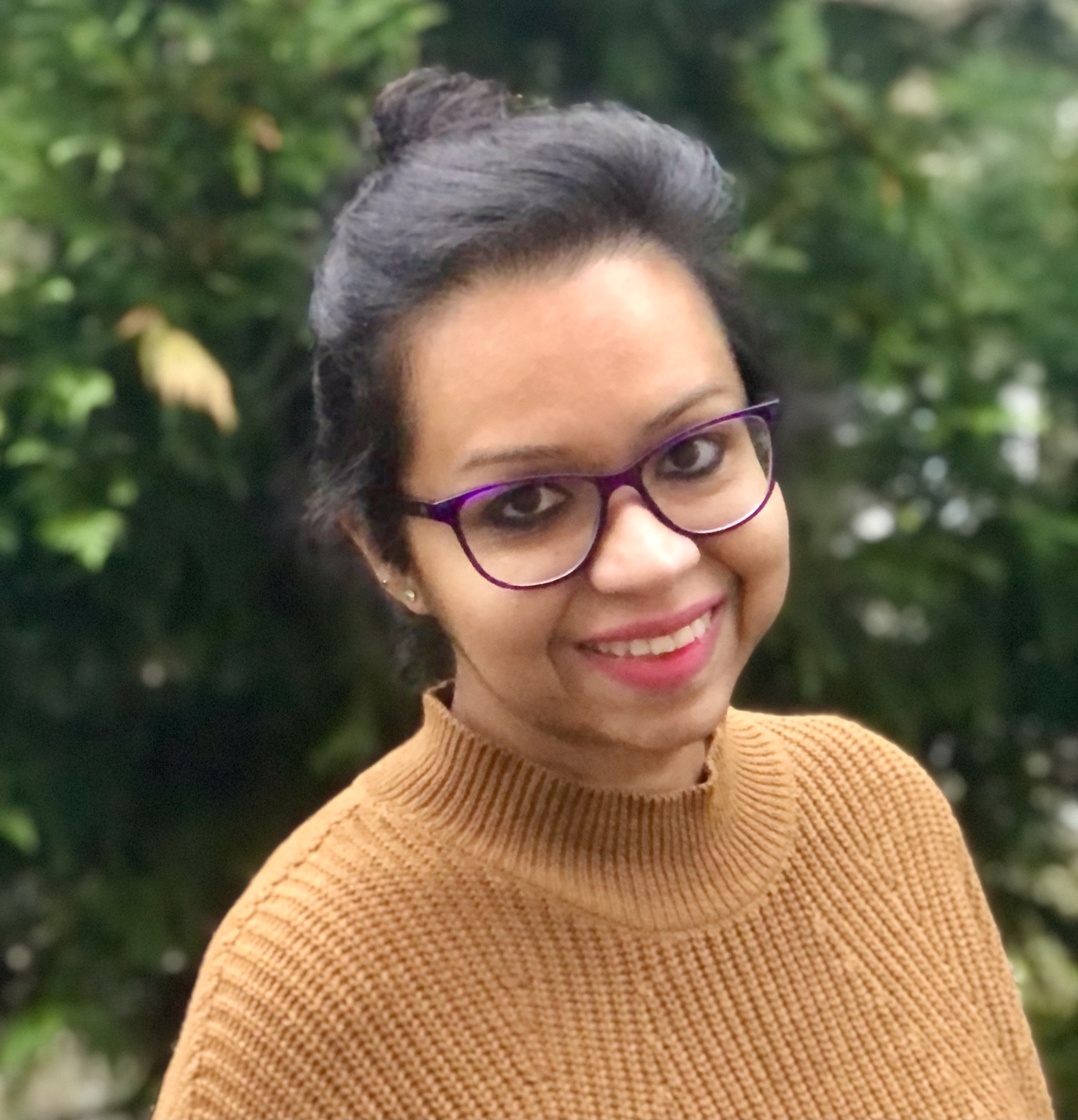NEATCLasS was held for the first time in 2022, co-located at ICWSM 2022, on 6th June 2022, in a hybrid format - in Atlanta, Georgia (US) and online.
Papers were published in the Proceedings of the ICWSM Workshops.
Program
Tentative Timeline
The workshop is a full-day meeting and will be held on 6th June 2022 in hybrid mode. This schedule is tentative and will be finalised in the coming days.
All times shown below are in EDT.
- 08:30 Welcome and introductions, with ice-breaking questions
- 08:45 Keynote 1: Isabelle Augenstein
- Title: “Evaluating Automatically Generated Fact Checking Explanations”
- 09:30 Interactive paper presentations
- 10:30 Coffee break
- 11:00 Keynote 2: Munmun De Choudhury
- Title: “Mental Health Prediction With Social Media: Towards Ethical, Domain-Sensitive, and Human-Centered Evaluation”
- 11:45 Interactive paper presentations
- 13:00-14:00 Lunch
- 14:00 Keynote 3: Zeerak Talat
- Title: “That’s just your opinion, man: On Annotating and Evaluating Subjective Data, Objectively”
- 14:30 Challenge: Come up with hard examples that trick models
- 15:00 Group activity: Where next? Discuss experience with evaluation of models and of human evaluation
- 16:00 Coffee break
- 16:30 Plenary: Report on group activity and closing remarks
- 18:30 End
Accepted Papers
Janina S. Pohl, Dennis Assenmacher, Moritz V. Seiler, Heike Trautmann, & Christian Grimme. Artificial Social Media Campaign Creation for Benchmarking and Challenging Detection Approaches
Chiyu Zhang, Muhammad Abdul-Mageed, & El Moatez Billah Nagoudi. Decay No More: A Persistent Twitter Dataset for Learning Social Meaning — Winner of the best paper award
Viktor Schlegel, Erick Mendez-Guzman, & Riza Batista-Navarro. Towards Human-Centred Explainability Benchmarks For Text Classification
Paula Reyero Lobo, Martino Mensio, Angel Pavon Perez, Vaclav Bayer, Joseph Kwarteng, Miriam Fernandez, Enrico Daga, & Harith Alani. Estimating Ground Truth in a Low-labelled Data Regime: A Study of Racism Detection in Spanish
Interactive Paper Presentations
While all the authors of accepted papers will have the chance to record a 20 min presentation of their work that will be published on the workshop website ahead of time, live presentations will be designed to promote interaction. To give space to fresh ideas, participants will be invited to trial an innovative format for paper presentations: presenters will be given 5 minutes to describe their research questions and hypothesis, and a group discussion will start after that (10 minutes). The goal is to give time to the audience to fully appreciate the complexity of the issue targeted in the paper, and propose ideas that have not been biased from the authors’ approach. At the end of the discussion, presenters will be given 5 more minutes to describe their method and results, followed by a new group discussion about the interpretation and implications of such results (10 min).
Challenge
In the afternoon we will kick off with a small challenge: participants will be divided into groups and asked to come up with hard examples that trick existing text classifiers. To this end, we will provide an interactive model for the detection of abusive language and we will invite participants (in advance) to provide their own models and tasks for collaborative adversarial testing. The challenge will work as a warm-up session for the following group activity.
Resources for the challenge are available here.
Group Activity
This last session is meant to bring researchers together and discuss their experience with the evaluation of both models and human annotations. The goal is to collect ideas for new evaluation approaches and future work in the field and to discuss how we should organise competitions when there are multiple evaluation metrics and benchmarking datasets are dynamic. Depending on the number of participants, we will break up into small groups that reconvene after a coffee break to report resulting ideas.
Keynote 1: Isabelle Augenstein
Isabelle Augenstein is an Associate Professor at the University of Copenhagen, Department of Computer Science, where she heads the Copenhagen Natural Language Understanding research group as well as the Natural Language Processing section. Her main research interests are fact checking, low-resource learning, and explainability. Prior to starting a faculty position, she was a postdoctoral researcher at University College London, and before that a PhD student at the University of Sheffield. She currently holds a DFF Sapere Aude Research Leader fellowship on ‘Learning to Explain Attitudes on Social Media’, and is a member of the Young Royal Danish Academy of Sciences and Letters.
Keynote 2: Munmun De Choudhury
Munmun De Choudhury is an Associate Professor of Interactive Computing at Georgia Tech. Dr. De Choudhury is best known for laying the foundation of a new line of research that develops computational techniques towards understanding and improving mental health outcomes, through ethical analysis of social media data. To do this work, she adopts a highly interdisciplinary approach, combining social computing, machine learning, and natural language analysis with insights and theories from the social, behavioral, and health sciences. Dr. De Choudhury has been recognized with the 2021 ACM-W Rising Star Award, 2019 Complex Systems Society – Junior Scientific Award, numerous best paper and honorable mention awards from the ACM and AAAI, and features and coverage in popular press like the New York Times, the NPR, and the BBC. Dr. De Choudhury currently serves on the Board of Directors of the International Society for Computational Social Science and on the Steering Committee of the International Conference on Web and Social Media, the leading conference on interdisciplinary studies of social media. Earlier, Dr. De Choudhury was a faculty associate with the Berkman Klein Center for Internet and Society at Harvard, a postdoc at Microsoft Research, and obtained her PhD in Computer Science from Arizona State University.
Keynote 3: Zeerak Talat

Zeerak Talat is a post-doctoral fellow at the Digital Democracies Institute at Simon Fraser University. Talat's research focuses on the foundational limitations and the ethics of machine learning and NLP technologies as viewed through content moderation and social predication tasks. Talat received a Ph.D. from the University of Sheffield. During this time, Talat worked on automated content moderation and how the practice of automating content moderation using machine learning revealed the underlying political economy of machine learning, displaying issues of access, equality, and ethical practices. Talat also founded and runs the Workshop on Online Abuse and Harms (WOAH), which focuses on the technical and social developments of automated content moderation infrastructure. Talat’s current work aims to identify the specific underlying causes for why and how machine learning comes to be enacted as a marginalizing technology.
Programme Committee
Programme Committee members:
- Abeer Aldayel, King Saud University
- André Calero Valdez, RWTH Aachen
- Barbara Plank, IT University of Copenhagen
- Bertie Vidgen, Alan Turing Institute
- Carolina Scarton, University of Sheffield
- Christos Christodoulopoulos, Amazon
- Clara Vania, Amazon
- David Jurgens, University of Michigan
- Dennis Assenmacher, GESIS
- Douwe Kiela, Hugging Face
- Georgi Karadzhov, University of Cambridge
- Jeremy Barnes, University of the Basque Country
- Marcos Zampieri, Rochester Institute of Technology
- Nedjma Ousidhoum, University of Cambridge
- Paolo Rosso, Universitat Politècnica de València
- Sara Tonelli, Fondazione Bruno Kessler
- Serena Villata, Centre National de la Recherche Scientifique
- Shubhi Tyagi, Amazon
- Steven Wilson, Oakland University
- Suzan Verberne, University of Leiden
- Tom Ayoola, Amazon
- Walid Magdy, University of Edinburgh
- Weiwei Cheng, Amazon
- Wouter van Atteveldt, Vrije Universiteit Amsterdam
- Zeerak Talat, Simon Fraser University

